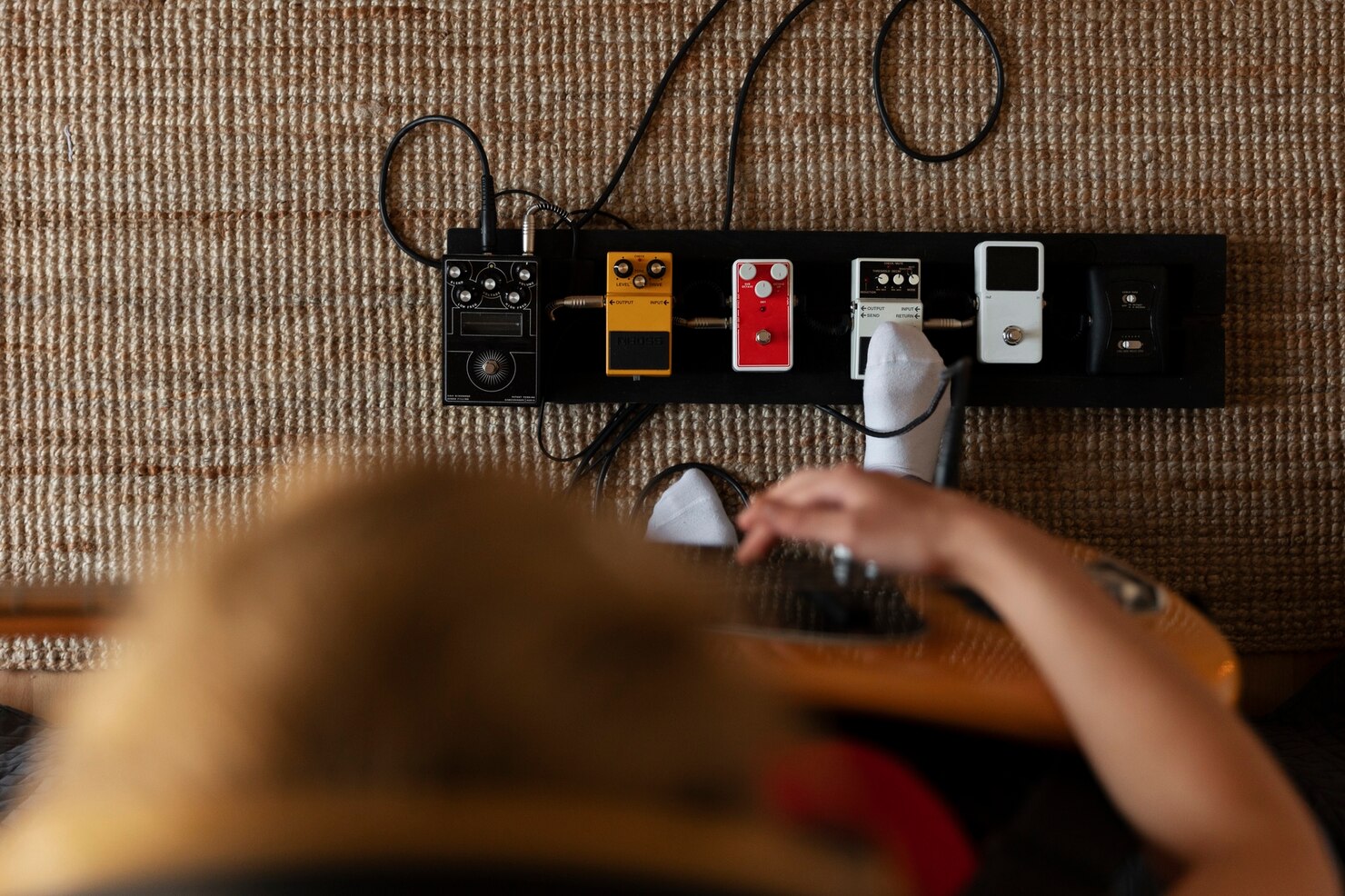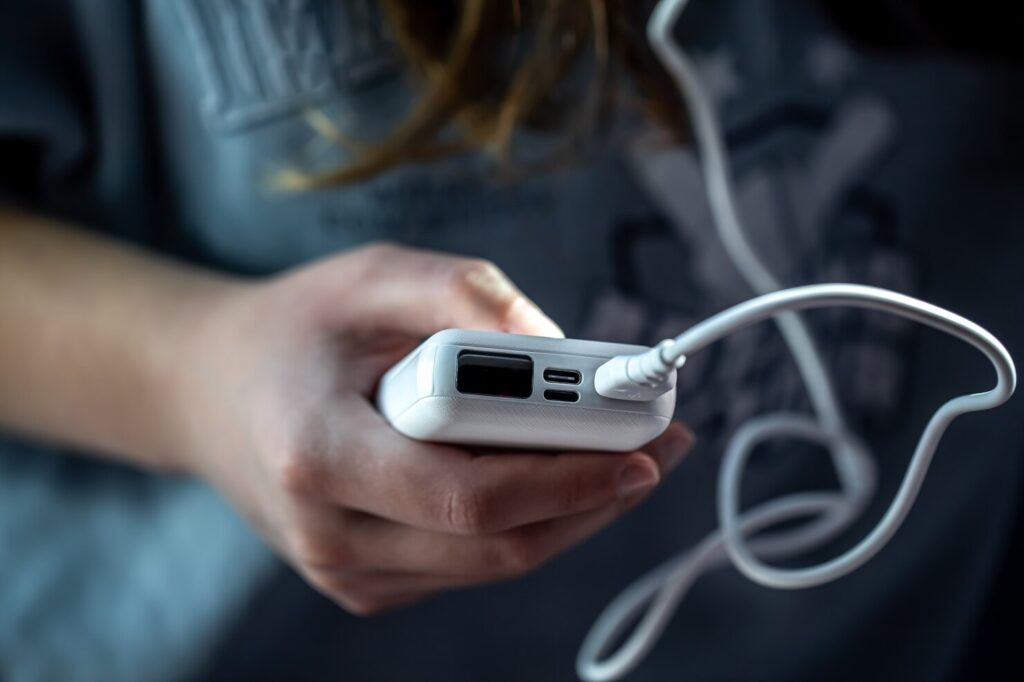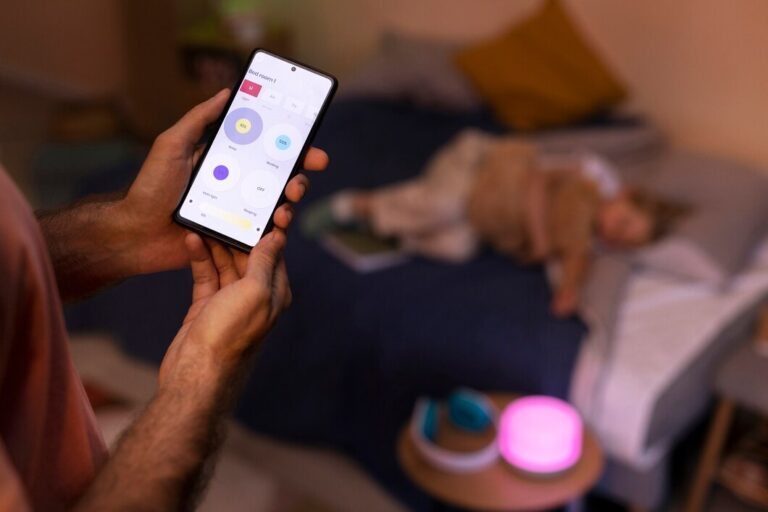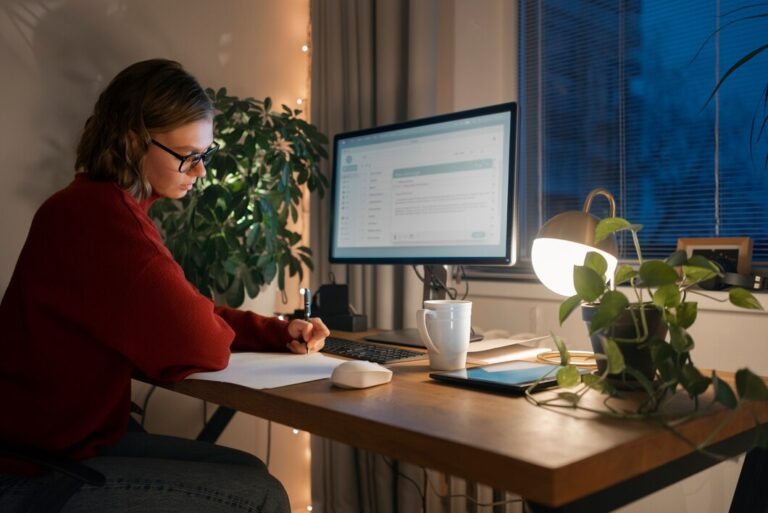
In the quiet moments of our lives, the glow of a screen is a constant companion. It’s the first thing many of us reach for in the morning and the last thing we see at night. We have substituted the unending scroll for the rustle of newspaper pages and the art of conversation for the quick tap of a direct message. While technology has undeniably connected us in once-unimaginable ways, it has also wrapped itself around our lives with a tightening grip, leaving many of us feeling the unspoken weight of a digital dependency. This isn’t about demonizing technology, but about recognizing the subtle yet profound ways it can shape our happiness, our relationships, and our very perception of the world. It’s about learning to unplug, not to escape, but to reconnect with the most important person in your life: yourself.

7 Reasons to Unplug Technology: A Lifeline to a More Authentic Existence
The pull of the digital world is strong, but the rewards of intentionally disconnecting are far greater. Here are seven compelling reasons to take a step back from the screen and reclaim your life.
1. Reduce Jealousy and Loneliness
Social media is a curated highlight reel of life. We scroll through an endless stream of engagements, exotic vacations, and picture-perfect families, a constant barrage that can’t help but invite comparison. This curated reality often leaves a bitter taste of jealousy and a gnawing feeling of loneliness, even when we are surrounded by people.
Studies have shown a direct correlation between high social media usage and increased feelings of social isolation. When we unplugged from technology, we step away from this manufactured perfection and can appreciate the authentic, unedited beauty of our own lives. A more steady sense of self-worth takes the place of the ongoing need for approval from others.
2. Overcome your FOMO (fear of missing out)
The Fear of Missing Out, or FOMO, is a uniquely modern anxiety fueled by the constant awareness of what everyone else is doing. This perpetual state of alert can lead to a compulsive need to check our devices, to ensure we’re not being left out of the latest trend, event, or conversation.
However, by choosing to unplug, we can cultivate a different, more empowering mindset: the Joy of Missing Out (JOMO). JOMO is the satisfying feeling of being present in your own life, of finding contentment in your own choices, regardless of what others are doing. It’s the quiet confidence that comes from knowing that the best experiences are the ones you are fully living, not just observing from a distance.
3. Embrace the Power of Solitude
In a world that is always “on,” true solitude has become a rare and precious commodity. We have forgotten the art of simply being with our own thoughts. The constant influx of information and entertainment from our devices robs us of the quiet moments where creativity, self-reflection, and deep thinking can flourish.
Spending time alone, without the distraction of a screen, allows your mind to wander, to process emotions, and to connect with your own inner voice. It is in these moments of solitude that some of our most profound insights and creative ideas are born.
4. Life is Happening Off-Screen
We’ve all seen it: a family at a restaurant, each member engrossed in their own phone; a couple on a park bench, scrolling instead of talking. While we are busy documenting our lives for an online audience, the real, unscripted moments are passing us by.
The richness of life is found in the nuances of face-to-face interaction, the beauty of the natural world, and the spontaneous joy of shared experiences. Unplugging allows us to lift our heads and truly see the world around us, to engage with it in a way that is far more vibrant and fulfilling than any digital representation.
5. Choose Creation over Consumption
Much of our time online is spent in a state of passive consumption. We scroll, we watch, we read—endlessly taking in content created by others. This can stifle our own creativity and leave us feeling like spectators in our own lives. By consciously choosing to unplug, we create the space and mental energy to become creators. This doesn’t necessarily mean becoming an artist or a writer.
It can be as simple as cooking a new recipe, learning a musical instrument, planting a garden, or engaging in a hobby that requires active participation rather than passive observation. The act of creation is inherently more satisfying and enriching than a state of perpetual consumption.
6. Understand Addiction Through Its Absence
We often don’t realize the extent of our dependence on technology until we try to step away from it. The restlessness, the anxiety, the almost instinctual reach for a device at the first hint of boredom—these are all signs of an addictive pattern.
Taking a deliberate break from technology can be a powerful diagnostic tool, revealing the depth of its hold on us. Gaining this knowledge is the first and most important step in developing a more balanced and healthy relationship with our electronic devices.
7. The Irreplaceable Importance of Personal Presence
The power of being physically present cannot be replaced. Being fully present with our loved ones—listening without distraction, making eye contact, and offering our undivided attention—is the cornerstone of strong, meaningful relationships.
When our attention is constantly divided by the ping of a notification or the lure of a newsfeed, we are only offering a fragmented version of ourselves to the people who matter most. Unplugging is an act of love and respect, a signal to those around us that they are more important than anything happening in the digital realm.
Tips for Success: Your Practical Guide to Unplugging
The idea of a digital detox can be daunting, but it doesn’t have to be an all-or-nothing proposition. Here are some practical tips to help you successfully incorporate more screen-free time into your life.
Start Your Day Elsewhere
Instead of reaching for your phone the moment you wake up, start your day with an analog activity. This could be stretching, meditating, journaling, reading a physical book, or simply enjoying a cup of coffee while looking out the window. Allowing your mind to wake up gently, without the immediate onslaught of emails and social media notifications, can set a calmer, more focused tone for the entire day.
Plan a Power-Down Every Day
Designate a specific time each evening to “power down” all of your devices. This could be an hour or two before you go to sleep. Use this time to read, listen to music, have a conversation with your partner or family, or prepare for the next day. This digital curfew not only helps you to unwind but also improves sleep quality by reducing your exposure to the blue light emitted from screens, which can interfere with melatonin production.
Manage the Time Wasters
Identify the apps and websites that consume the majority of your mindless scrolling time. Consider deleting them, or at least moving them off your home screen to a less accessible folder. You can also use app-timers and website blockers to set limits on your usage. By creating intentional friction, you can break the habit of a reflexive reach for these digital distractions.
Take an Extended Break Yearly
Once a year, try to take a more extended break from technology. This could be a weekend, a week, or even longer. Plan a trip to a place with limited connectivity, or simply commit to a “staycation” where you intentionally leave your devices turned off. This prolonged period of disconnection can be a powerful reset, allowing you to deeply reconnect with yourself, your loved ones, and the world around you.
Conclusion: A Lighter, More Connected Future
The weight of technology addiction is a heavy one, but it is a burden we do not have to carry. By making a conscious effort to unplug, we can lighten the load and rediscover the joy of a life lived in the present moment. It’s about finding a sustainable balance, one where technology serves as a tool rather than a master. By embracing the principles of unplugging, we can foster deeper connections, cultivate our creativity, and ultimately, lead richer, more fulfilling lives—one screen-free moment at a time. The power to disconnect and truly reconnect is, and always has been, in your hands.
FAQ’s
What does unplugging mean?
Unplugging means intentionally disconnecting from digital devices like smartphones, computers, and social media. It’s a conscious choice to step away from the constant stream of notifications and online activity. The goal is to reduce stress, be more present in your physical surroundings, and reconnect with yourself and others offline.





